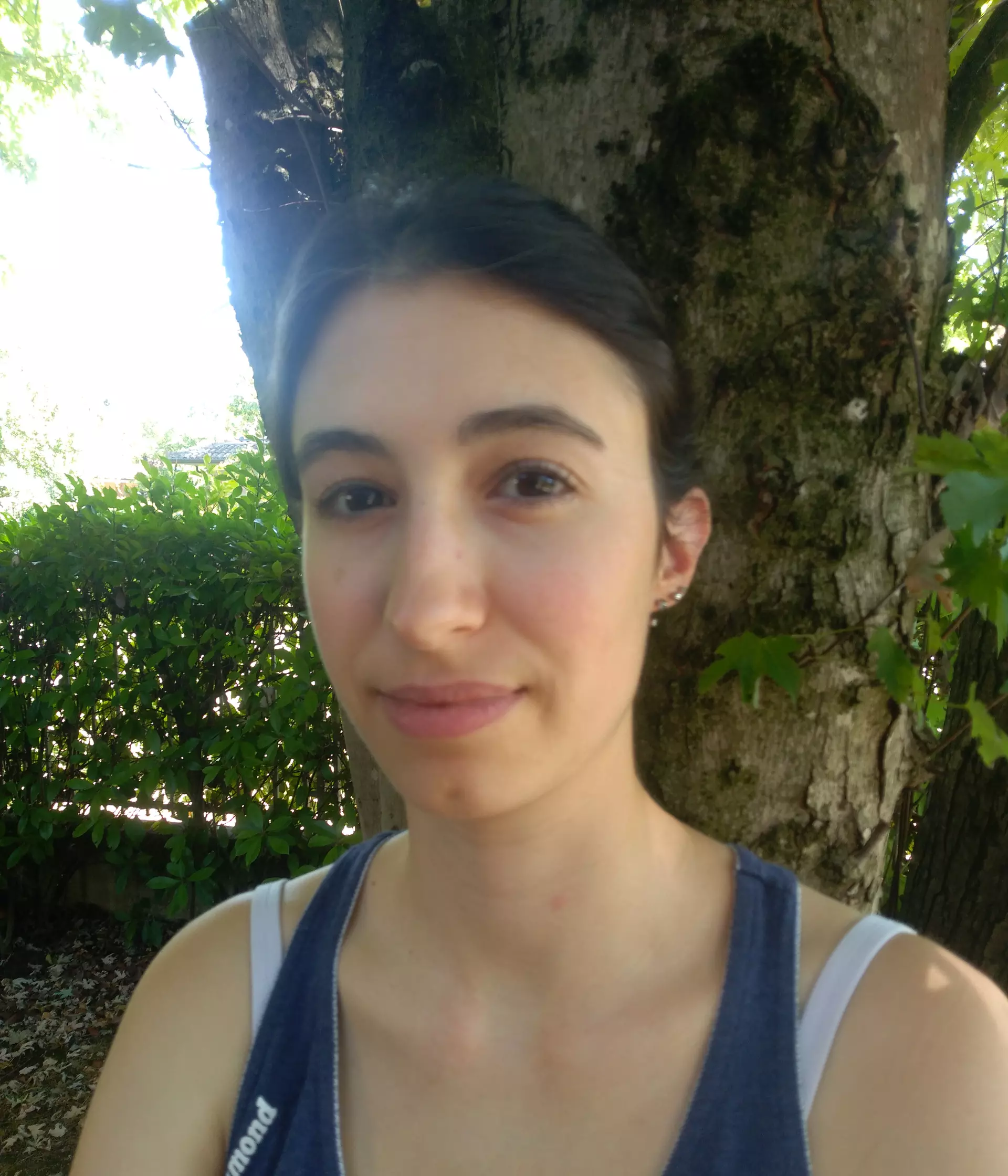Behavioural ecology
Scopoli's shearwater
Chacma baboon
Institute of Zoology
Zoological Society of London
Regent's Park
NW1 4RY
United Kingdom
Vittoria's research work focuses on social learning during the juvenile period in wild chacma baboons at the Tsaobis Baboon Project.
She aims to understand how the social connections of juveniles develop through time, how these are related to learning from others, and how a mother's parenting style can affect her offspring's propensity and opportunities to learn socially. In addition, she collaborates with a research project monitoring the Scopoli's shearwater on its main Italian breeding colony, where she conducted her MSc thesis with Ornis italica.
Although her research work is not directly linked to conservation, interaction with local communities promotes awareness of the species' ecological needs, allowing people to understand why human-wildlife conflict arises and how to prevent it.
